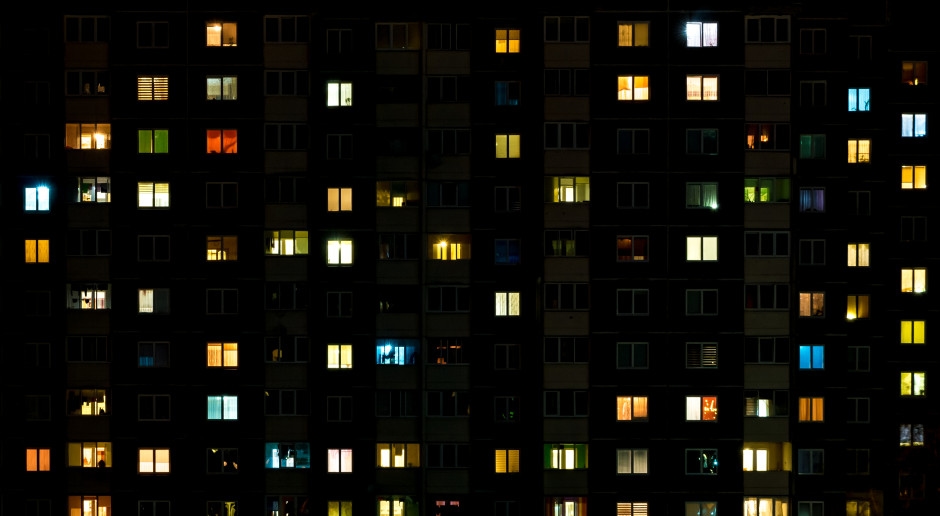Do you go to bed after midnight? When your mind "sleeps," demons awaken, say scientists.

Everyone's circadian rhythm is generally "programmed" in the same way. The longest rest of the day should occur during the night. What happens if we consciously disrupt this rhythm and go to bed after midnight? Scientists believe that this is when we are more prone to negative behavior than during the day. What happens to us when the clock strikes twelve?
Based on scientific research , we know that the human brain functions completely differently during the day and at night. In the evening, the body begins to wind down, preparing for a longer rest. What happens to it if we consciously change our sleep schedule? The brain, which is active at night and should theoretically regenerate, begins to function differently.
Nighttime activity can activate the brain's reward and motivation systems, which can make us more susceptible to risky behaviors or negative thoughts, which are more likely to turn into action at night. Scientists believe that at night, we focus more on negative emotions , and forbidden acts become less terrifying.
What is the "midnight mind" theory?According to researchers, going to bed in the middle of the night and later is unnatural for the body, forcing it to engage in activities normally reserved for the day. This is when we perceive certain stimuli differently and find it easier to make difficult decisions. In 2022, the theory of the "midnight mind" was described by American neuropsychologist Dr. Andrew S. Tubbs, who analyzes the behavior of people who lead a nocturnal lifestyle.
"Millions of people are active in the middle of the night, and there is strong evidence that their brains do not function as well as during the day," commented co-author of the paper, neuroscientist Elizabeth Klerman from Harvard University.
The "midnight mind" theory features two interesting case studies. One is a heroin addict whose need for the drug increases dramatically at night. The second is a student suffering from insomnia who, while functioning at night, begins to feel depressed and experiences negative thoughts that can lead to tragic decisions.
According to research, between midnight and 6 a.m., the risk of committing suicide or self-harm increases on average threefold, depending on the time of day. A 2024 study, based on data from the U.S. National Violent Death Reporting System (NVDRS), analyzed over 78,000 suicide cases between 2003 and 2017. It found that at 3 a.m., the risk of suicide was more than five times higher than during the day.
It's much easier to carry out such actions at night, when the whole world is "sleeping" and reality seems much more terrifying. It's harder to find support at night , and mounting negative thinking can ultimately translate into actions that might not have occurred during the day.
Are you a nocturnal person? Beware of negative thoughts.Scientists believe that, for the sake of people who perform shift work and need to be active at night, the scope of research on nocturnal brain function should be expanded to protect those most vulnerable to the effects of an unnatural rhythm of life.
A 2024 study published in the journal Psychiatry Research , which included 73,888 adults, examined the relationship between bedtime and mental health in two types of people: "morning people" and "evening people." The researchers found that people who went to bed late, despite being "early risers," had a significantly higher risk of mood disorders. Interestingly, even people with an evening chronotype had better mental health if they fell asleep earlier. This suggests that late bedtime itself, not just biological type, may negatively impact mental health.
Experts believe that deepening our understanding of brain function after midnight could support the treatment of various illnesses and disorders. Patients suffering from depression and anxiety disorders, which can be "saved," may benefit most, as do those with nighttime jobs.
well.pl





